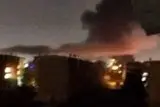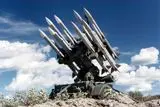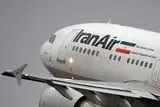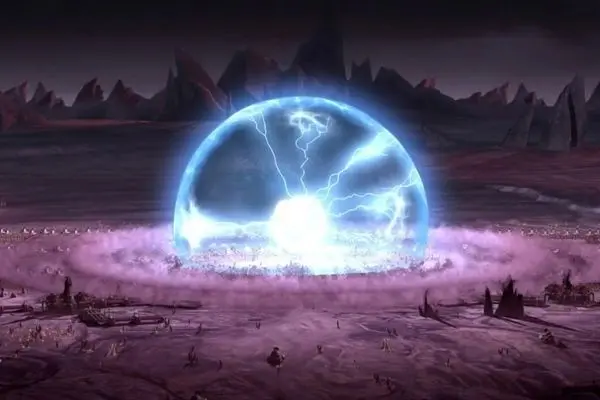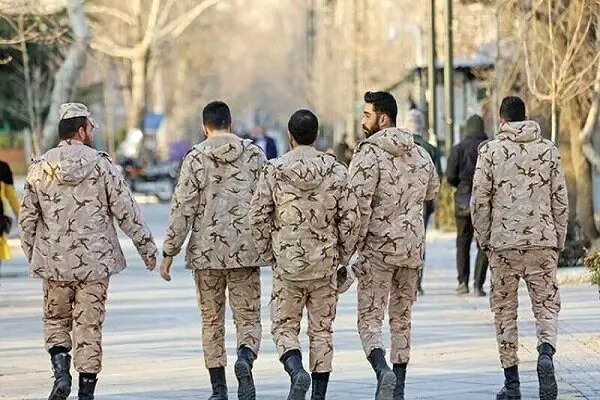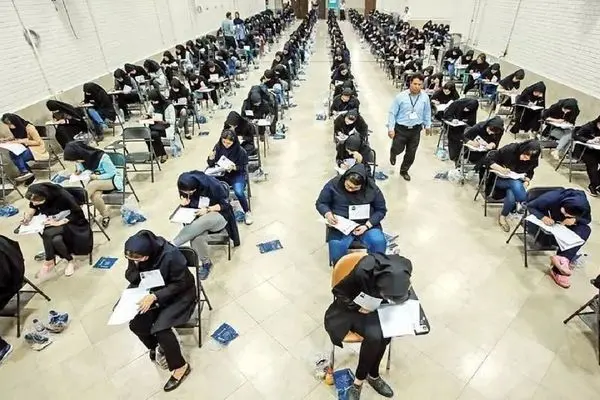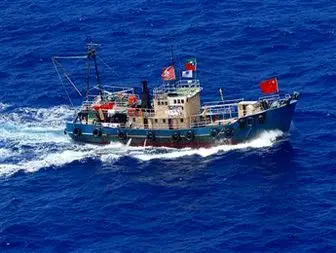
The landing by the activists on an island chain in the East China Sea and their detention by Japan's coast guard came on a day of regional diplomatic jousting, underscoring how history dogs Japan's ties with China and South Korea.
In a meeting with Japan ' s ambassador to Beijing and a phone call with a Japanese official, Chinese Vice Foreign Minister Fu Ying lodged " solemn representations " over the latest territorial quarrel between Asia ' s two biggest economies.
Fu " demanded that Japan ensure the safety of ۱۴ Chinese nationals and immediately and unconditionally release them ", the Chinese Foreign Ministry said on its website.
Japan arrested five members of a group of activists from China, Hong Kong and Macau who landed on the island, Japan ' s coastguard said. China ' s Xinhua news agency said Japan ' s coastguard later detained nine activists on their boat. Japanese media also said that in all, ۱۴ activists had been detained.
Japan refers to the islets, which lie between Taiwan and Okinawa, as the Senkaku Islands. China calls them the Diaoyu Islands.
Earlier, South Korea prompted an official protest from Japan after comments by South Korean President Lee Myung - bak which some saw as going too far by insulting Japanese Emperor Akihito.
And in a move likely to add to the anger of Japan ' s neighbors, two Japanese cabinet ministers paid homage at a controversial Tokyo shrine for the war dead.
Memories of Japan ' s wartime occupation of much of China and colonization of South Korea run deep despite close economic ties in one of the world ' s wealthiest regions.
Japan protested to China ' s ambassador over the landing and Prime Minister Yoshihiko Noda said Tokyo would deal with the matter strictly in accordance with the law.
Xinhua said Japan had pushed tension " to a new high. "
" The tensions are fully due to irresponsible clamoring and attempts by some Japanese politicians and activists to claim the islands, which … indisputably belong to China, " it said.
U. S. State Department spokeswoman Victoria Nuland said Washington would not take sides in the dispute between China and Japan, but wanted to see the matter worked out peacefully.
" We expect the claimants to resolve the issue through peaceful means, and any kind of provocations are not helpful in that regard, " she told a news briefing.
The U. S. security treaty with Japan obliges the United States to defend territories under the administration of its ally Tokyo, including the disputed isles, from attack.
Former U. S. Deputy Secretary of State Richard Armitage said it was " impossible to answer " a hypothetical question about what Washington would do in the event the islands were attacked without knowing all of the specific circumstances.
" However, it is very much in the U. S. interest to make sure that we exert every ounce of our influence to keep that event from occurring and I think that ' s where the diplomatic energy of the United States is going to be applied, " he said.
Friction over the uninhabited isles, near potentially rich gas deposits, had been heating up already.
Several of the activists, who set out from Hong Kong, jumped into the sea, swam and waded ashore. The group said its boat had been rammed by the coastguard and hit with water cannon. A Japanese official denied that any serious damage had been done to the boat.
Media published photographs of the activists planting a Chinese flag on a rocky shore.
" We ' ve waited ۱۰ years for this… We finally managed to get ashore, " the captain of the protest ship was quoted as saying on Hong Kong television.
A separate row over rival claims by South Korea and Japan to other islands has also intensified, signaling how the region has failed to resolve differences nearly seven decades after Japan ' s defeat at the end of World War Two.
WARTIME MEMORIES LINGER
The friction in part reflect skepticism over the sincerity of Japan ' s apologies for wartime and colonial excesses.
On Tuesday, South Korea ' s Lee told a group of teachers that Emperor Akihito should apologize sincerely if he wants to visit South Korea, saying a repeat of his ۱۹۹۰ expression of " deepest regrets " would not suffice.
Japan, noting that it had never broached the idea of a visit by the emperor to South Korea, lodged a protest with Seoul over the remarks. Akihito has spent much of the past two decades trying to heal the wounds of a war waged in his father ' s name.
Lee, whose Friday visit to the islands claimed by South Korea and Japan frayed ties between the two U. S. allies, called Japan an " important partner that we should work with to open the future ".
But in remarks commemorating Korea ' s liberation from Japan ' s ۱۹۱۰-۱۹۴۵ rule, he also said the countries ' tangled history was " hampering the common march toward a better tomorrow ".
He urged Japan to do more to resolve a dispute over compensation for Korean women abducted to serve as sex slaves for wartime Japanese soldiers, known by the euphemism " comfort women " in Japan and long a source of friction.
" It was a breach of women ' s rights committed during wartime as well as a violation of universal human rights and historic justice. We urge the Japanese government to take responsible measures in this regard, " Lee said.
Japan says the matter was closed under a ۱۹۶۵ treaty establishing diplomatic ties. In ۱۹۹۳, Tokyo issued a statement in the name of its then - chief cabinet secretary apologizing to the women and two years later set up a fund to make payments to the women. South Korea says those moves were not official and so not enough.
Speaking at a ceremony marking the war ' s end on Wednesday, Japanese Prime Minister Yoshihiko Noda acknowledged the " enormous damage and suffering " caused by Japan to other countries, especially in Asia.
" We deeply reflect upon(that) and express our deepest condolences to the victims and their families, " he said, vowing that Japan would never go to war again.
Tapping into anti - Japanese sentiment remains a way to seek public support in South Korea and China, which face leadership changes in coming months. And some experts say a new strain of nationalism is surfacing in Japan amid gloom about the future.
In a sign of the domestic pressures in Japan, National Public Safety Commission Chairman Jin Matsubara and Transport Minister Yuichiro Hata visited the Yasukuni shrine for war dead, defying Noda ' s urgings to stay away.
Many see the shrine as a symbol of Japan's past militarism because 14 Japanese wartime leaders convicted as war criminals by an Allied tribunal are honored there with Japan's war dead.

